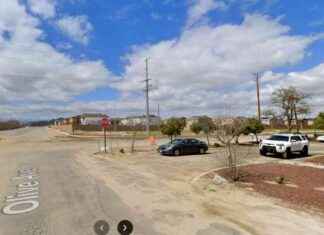While the opposition denounces a “contempt” and a “denial of democracy” in the face of the government’s recourse to activate article 49 paragraph 3 of the Constitution, the Minister of Labor, Olivier Dussopt, affirmed in Le Journal du dimanche (JDD), Sunday March 19, that the examination of the two motions of censure presented on Monday March 20 would be synonymous with a vote.
“We found that the guarantees were not sufficient for this text to be adopted”, he justified, after the executive decided not to submit the text to the National Assembly. Then he added:
“That being so, there will be a vote in the Assembly with the examination of the motions of censure. »
An argument already put forward by the Prime Minister, Elisabeth Borne, when she announced, on March 16 before the deputies, the use of 49.3: “In a few days (…), the government’s commitment to responsibility will respond to a or more motions of censure. A vote will therefore take place, as it should, and it is therefore parliamentary democracy that will have the last word. »
WHY THIS IS MISLEADING
The government amplifies reality when it claims that voting on the two motions of censure would amount to voting on the text in the National Assembly. As a reminder, the deputies did not have time to vote on the text at first reading, nor even to examine article 7 on the extension of the legal age of departure to 64 years.
Contrary to what Ms. Borne and her Minister of Labor suggest, the vote on motions of censure does not relate directly to the text, but to the will or not to keep the current government in place. “To use article 49.3 is to shift the debate. The debate is no longer for or against the text, the debate is for or against the government ”, explains on Franceinfo the constitutionalist Dominique Rousseau. And to emphasize: “There will be a vote, but not on the pension law. There will be a vote for or against keeping the government in place. »
Moreover, votes are not counted in quite the same way for a motion of no confidence as for an ordinary vote:






